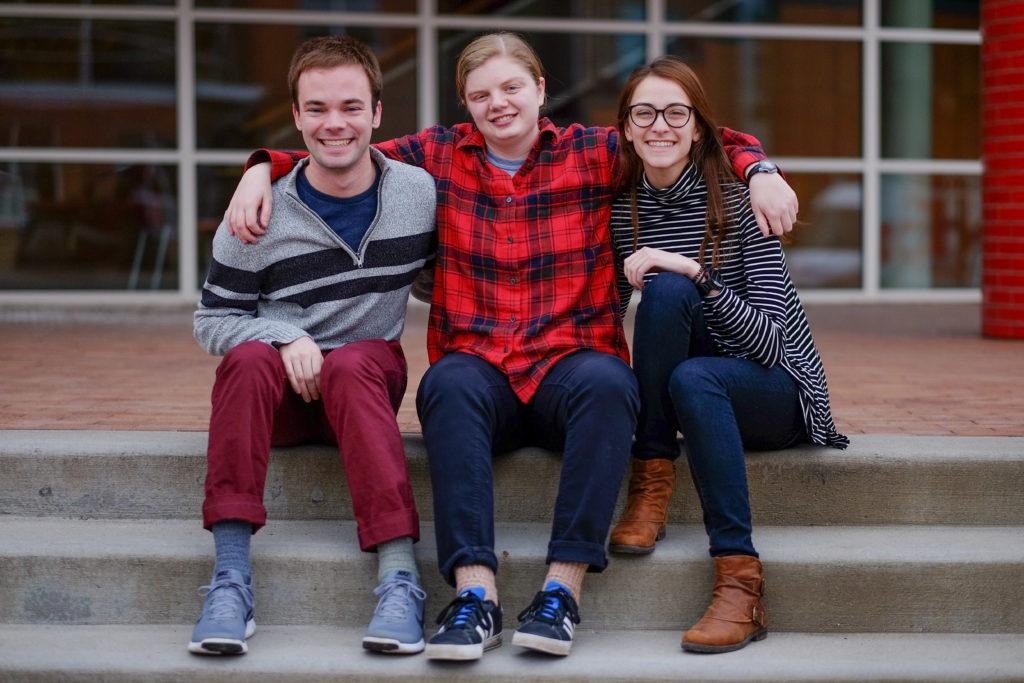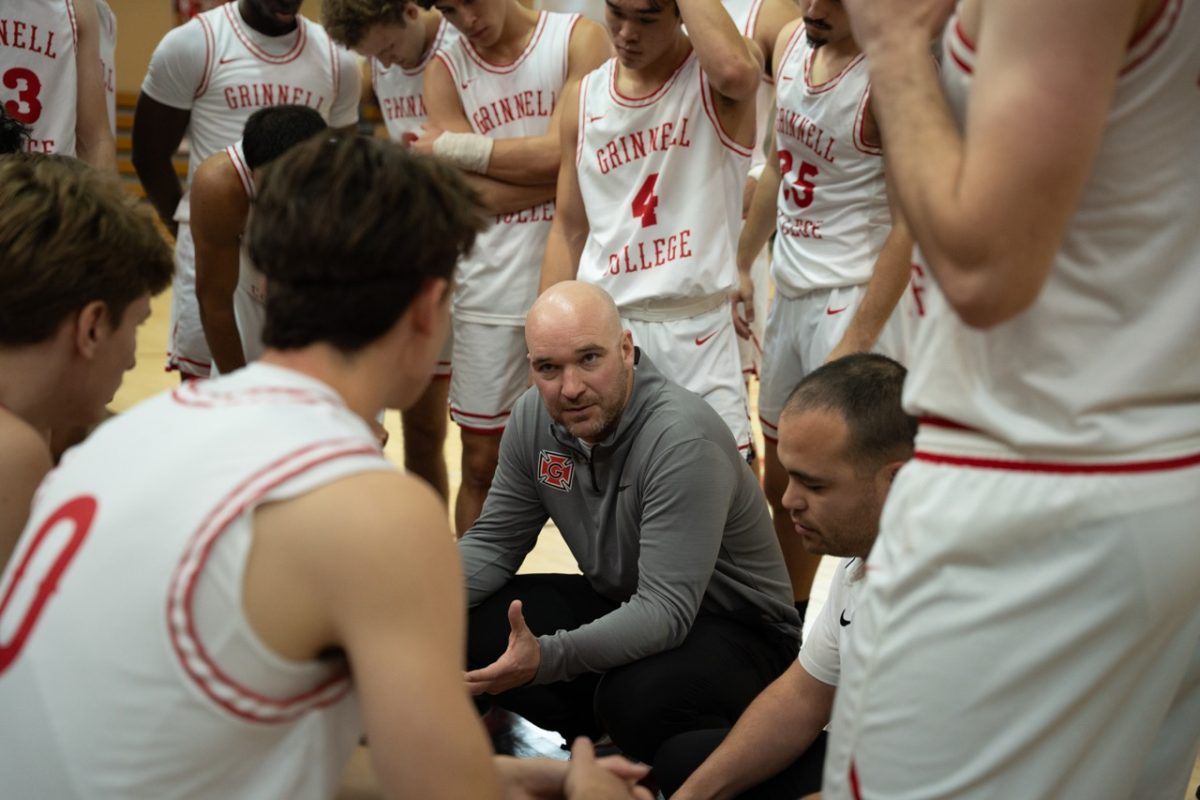By Philip Kiely
kielyphi@grinnell.edu
Queer Athletes and Allies (QAA) has a new staff advocate, Holly Roepke, the newly hired Assistant Athletic Director for diversity and inclusion. She is replacing Justin Thaxton, who left Grinnell last year.
“She’s been in the area before and knows what Grinnell is all about, and we were super excited about having her come on board,” said John Gallagher ’17, one of the leaders of QAA.
Roepke was the media director for a college conference in California before coming to Grinnell. Because she is a long-time soccer player and coach, as well as a native Iowan, QAA is hopeful that she will support the group in all necessary ways.
“It was hard not having someone to help support our group; we kind of had to pick different people within different departments, since we didn’t have someone dedicated just towards our group,” Gallagher said.
Given the nature of the issues faced by members of QAA, the group requires relatively extensive staff involvement, though it is connected with both the Stonewall Resource Center and the Athletics department.
“It was started a couple of years ago to give students within the athletic department who identified as queer a space and a group to meet other people in and to help build inclusion across campus,” Gallagher said. “Right now we work on promoting inclusion as much as possible, working with the teams, the faculty, the coaches and the athletic department in general to help make people feel included and support athletes of all identities.”
Roepke will also work with other student athlete groups that QAA partners with.
“We do a bit of working with other groups that we have in the athletic departments … [such as] Student Athletes for Social Change and Pioneer Diversity Council, there’s a couple of others that do work similar to us like the Student Athlete Mentors, so we’ve been doing a bit with them as well,” Gallagher said.
Roepke will assist with various aspects of QAA’s mission. The group currently strives to increase acceptance in the Grinnell athletic community through a variety of strategies.
“One of the main things we’ve been doing is [with] each team we’ve been having an inclusion talk. It’s usually over dinner or a meal in the dining hall, we get one of those classrooms and start asking them a bit about what their team defines as inclusion and trying to figure out ways to help people of all identities within their team, particularly queer identities, but we’re not going to say that we can’t talk about other stuff. We will help them think of ways to be more inclusive of people with their actions and their language,” Gallagher said.
Grinnell athletics are more accepting to people of queer identities than many other schools are, and according to a recent survey of Grinnell athletes thirteen percent identify as queer. However, QAA still has their work cut out for them.
“Student athletes [at Grinnell] are more connected to the community in different areas, it’s not just ‘you’re a division one athlete and that’s your primary identity,’ but I do think that there are moments when stereotypes within sports can still exist in our department, and a lot of what we’re trying to do is let students know that if they run against the grain of those stereotypes that is accepted and welcomed and encouraged,” Gallagher said. “I think it’s hard because a lot of us come in from high school programs and there are a lot of stereotypes around being a high school athlete, that you had to follow some gendered expectations … and I think that our goal is to dismantle that.”

























































